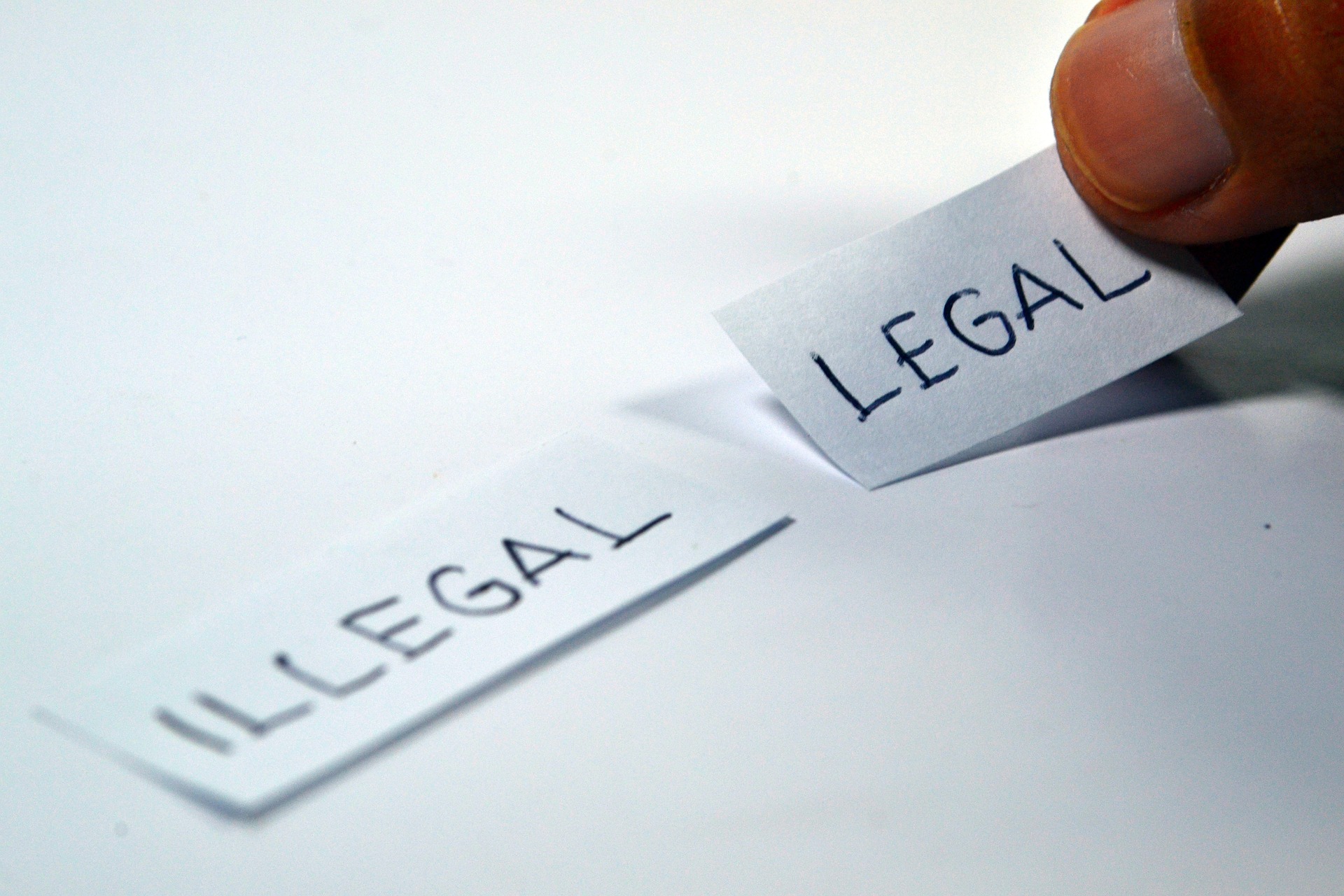Title: Navigating the Complexities of Diplomatic Immunity
Introduction: In the intricate world of international relations, diplomatic immunity stands as a cornerstone of peaceful cooperation between nations. This long-standing legal principle, designed to protect diplomats from prosecution in foreign countries, has far-reaching implications for global diplomacy and law enforcement. As we delve into the nuances of diplomatic immunity, we'll explore its historical roots, modern applications, and the challenges it presents in an increasingly interconnected world.

Understanding the Scope of Diplomatic Immunity
Contrary to popular belief, diplomatic immunity is not a blanket protection against all laws. The level of immunity varies depending on the diplomat’s rank and the nature of the offense. Generally, diplomats are immune from criminal prosecution and civil lawsuits in their host country. This immunity extends to their family members and, to a lesser extent, to the administrative and technical staff of the diplomatic mission. However, immunity does not exempt diplomats from the obligation to respect local laws.
The Balancing Act: Immunity vs. Accountability
One of the most challenging aspects of diplomatic immunity is striking a balance between protecting diplomats and ensuring accountability. While immunity is crucial for diplomats to perform their duties without fear of harassment or intimidation, it can sometimes lead to situations where serious crimes go unpunished. Host countries have limited options when dealing with diplomats who abuse their immunity, often relying on declaring them persona non grata and expelling them from the country.
High-Profile Cases and Public Perception
Several high-profile cases have brought diplomatic immunity into the public spotlight, often sparking debate about its fairness and potential for abuse. These incidents, ranging from traffic violations to more serious crimes, have led to calls for reform. However, proponents argue that the benefits of diplomatic immunity in facilitating international relations outweigh the occasional misuse. The challenge lies in maintaining public trust while upholding this essential principle of international law.
The Future of Diplomatic Immunity in a Changing World
As the global landscape evolves, so too must the application of diplomatic immunity. The rise of non-state actors, the blurring of lines between diplomacy and espionage, and the increasing complexity of international relations all pose new challenges to the traditional understanding of diplomatic immunity. Some experts advocate for a more nuanced approach, potentially involving international tribunals or alternative dispute resolution mechanisms for cases involving diplomatic immunity.
Technological Advancements and Diplomatic Immunity
The digital age has introduced new dimensions to diplomatic immunity. Cybersecurity concerns, data privacy, and the potential for electronic surveillance have become critical issues in diplomatic relations. Questions arise about how diplomatic immunity applies to digital communications and cyber operations conducted by diplomatic missions. As technology continues to advance, the international community may need to revisit and potentially expand the scope of diplomatic immunity to address these emerging challenges.
Cultural Sensitivities and Diplomatic Immunity
Diplomatic immunity often intersects with cultural differences, creating complex situations that require careful navigation. What may be considered a minor infraction in one country could be a serious offense in another. This cultural dissonance can lead to tensions between diplomatic missions and host countries. Diplomats must balance their immunity with respect for local customs and laws, a task that requires significant cultural awareness and sensitivity.
Economic Implications of Diplomatic Immunity
The economic aspects of diplomatic immunity are often overlooked but can have significant implications. Diplomats are generally exempt from taxes in their host country, which can lead to substantial revenue losses for popular diplomatic postings. Additionally, diplomatic immunity can complicate business transactions and legal disputes involving diplomats or diplomatic missions. These economic considerations add another layer of complexity to the application and perception of diplomatic immunity in the modern world.
Reforming Diplomatic Immunity: Proposals and Challenges
As criticisms of diplomatic immunity persist, various reform proposals have emerged. Some suggest creating a tiered system of immunity based on the severity of the offense, while others advocate for an international court to handle cases involving diplomats. However, any significant changes to the current system would require broad international consensus, which is challenging to achieve given the diverse interests of nations worldwide. The ongoing debate reflects the delicate balance between maintaining effective diplomatic relations and ensuring justice and accountability on a global scale.






